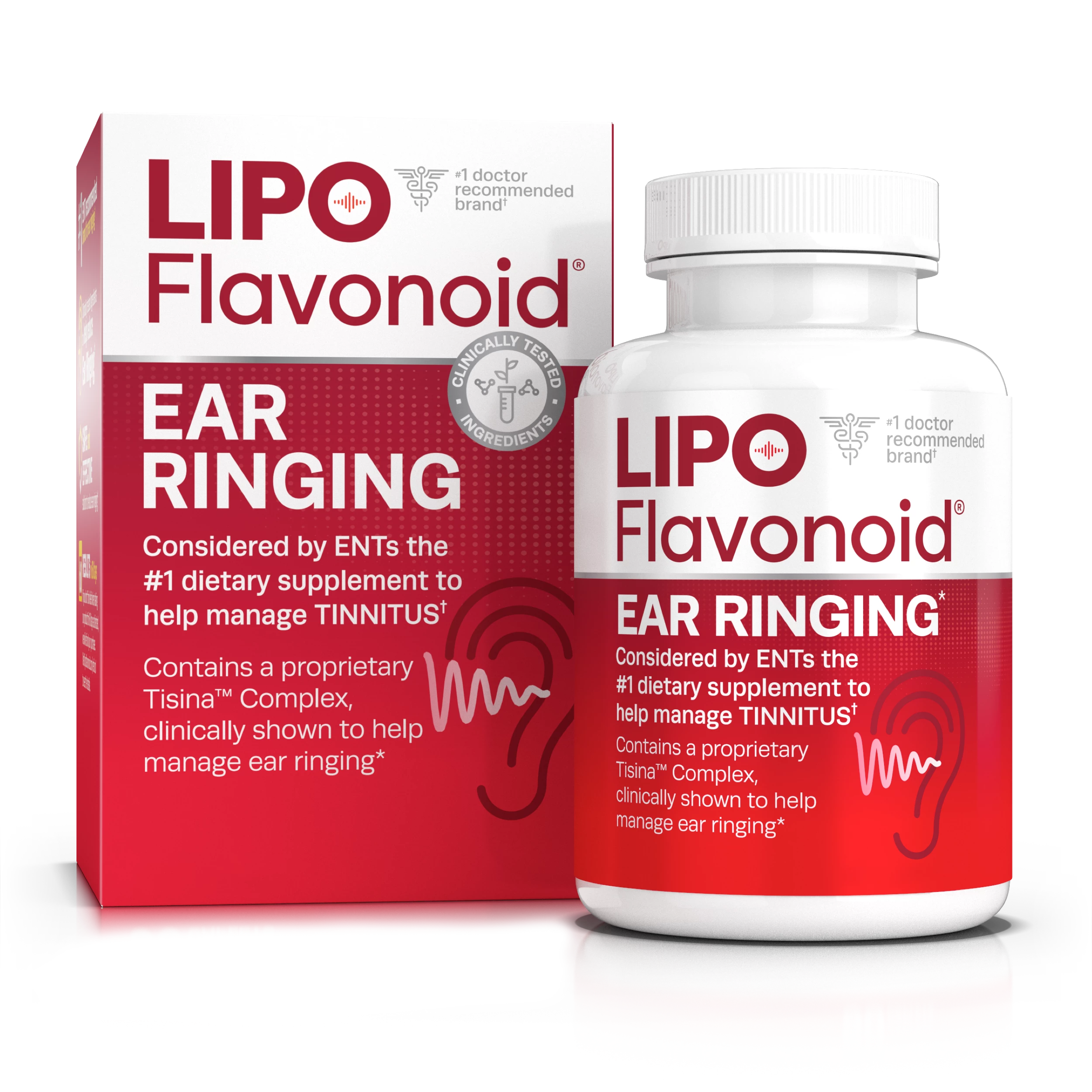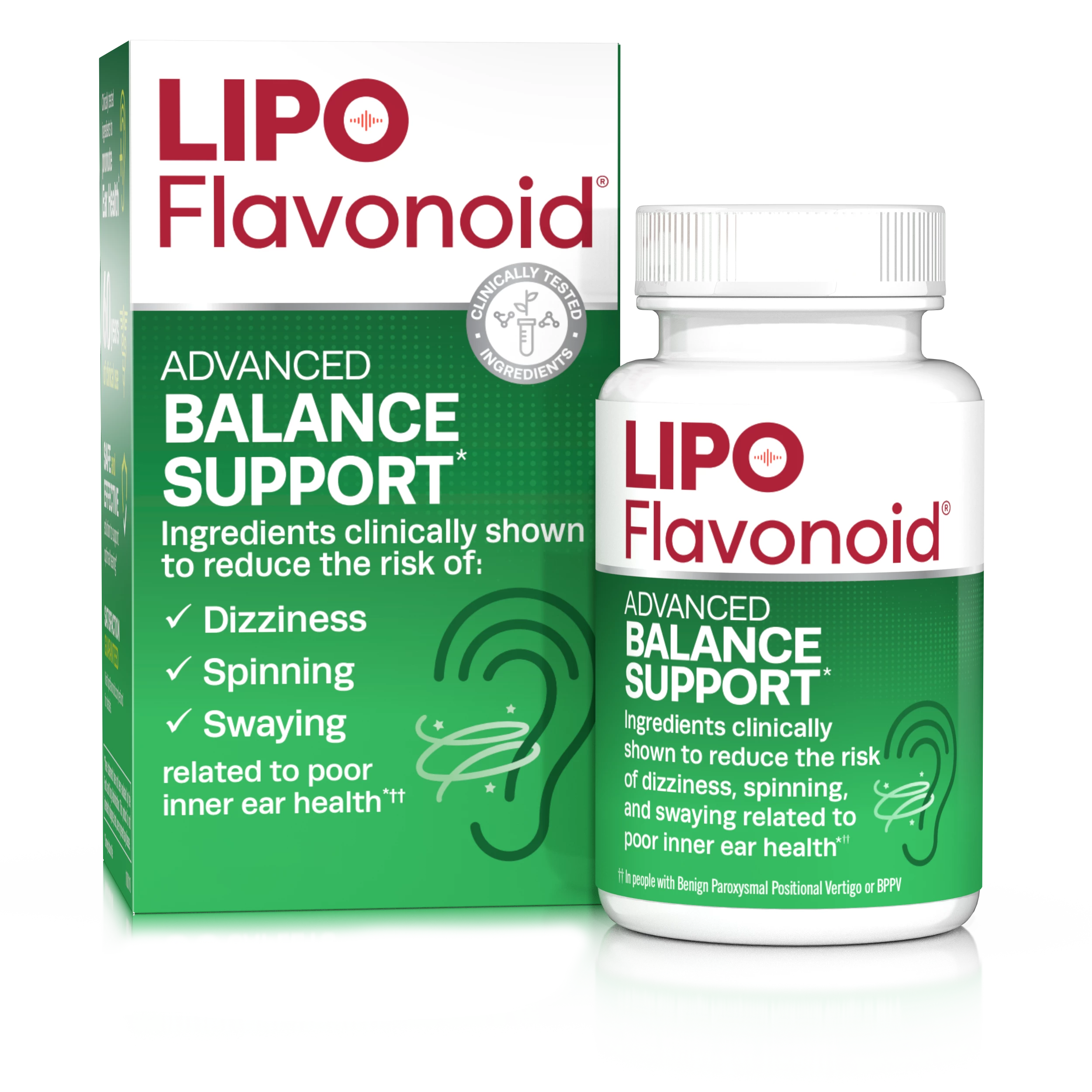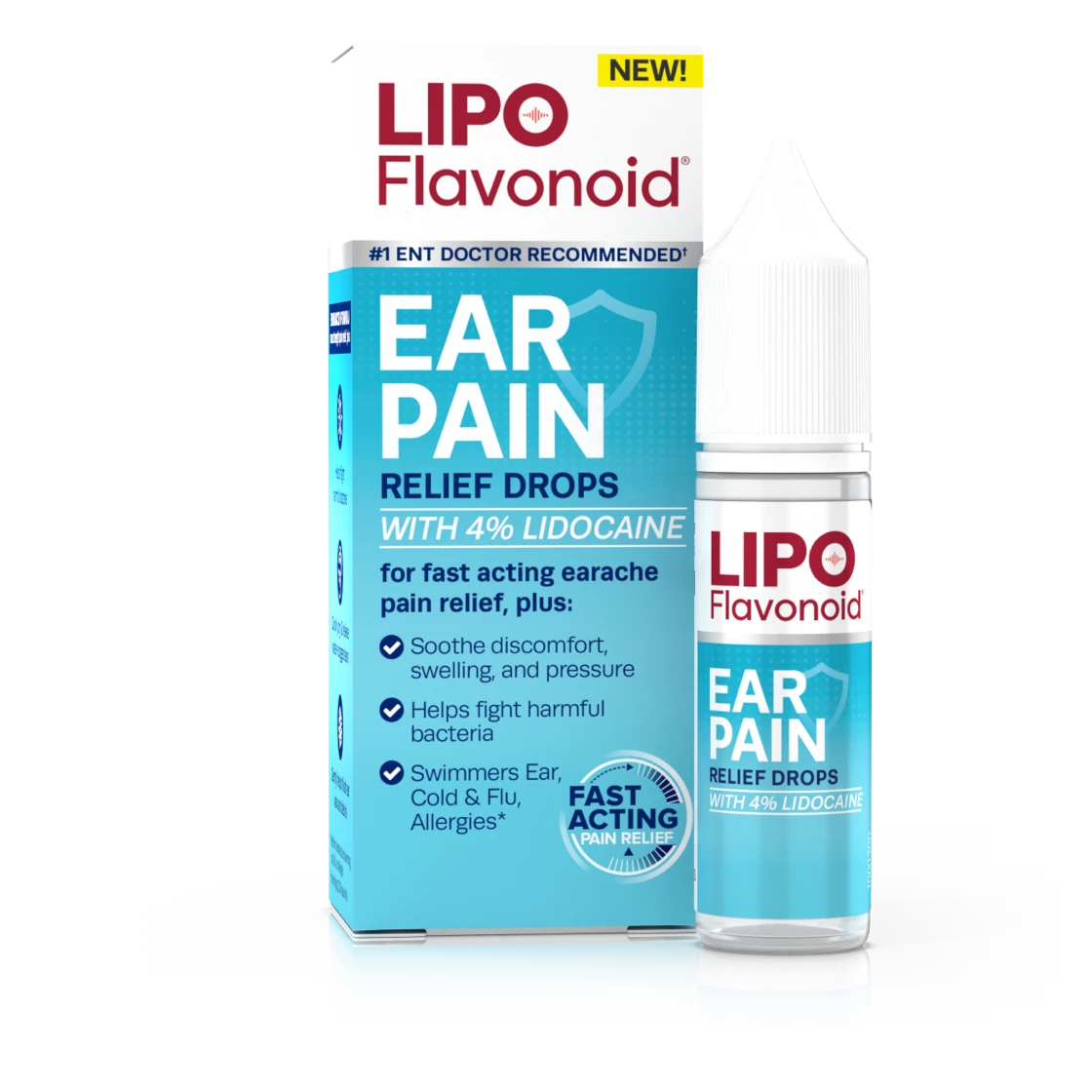Common Causes of Hearing Loss and How to Prevent Them
Jackhammers, live sporting events, and heavy traffic. What do all these things have in common? They are sources of loud, everyday sounds that could permanently damage your hearing in a few hours, minutes, or seconds.
Wearing hearing protection around loud sounds is only one way of protecting your ears and preserving your ear health. Hearing problems can arise from age, medical conditions, and even micronutrient deficiencies.
Regardless of what causes your hearing issues, being proactive about your ear health can protect and prolong good hearing. It may not seem like it, but having good hearing does more than make it easier to pick up conversations in a crowded room. It can improve your mental health, your quality of life, and more.
Don’t allow your hearing acuity to decay by letting ear health issues get away from you. In this guide, we discuss the causes of hearing problems and what you can do to treat them.
Common Causes of Hearing Loss
Generally speaking, there are four broad causes of hearing loss:
- Noise-induced hearing loss: hearing loss that results from exposure to high noise levels for extended periods of time
- Age-related hearing loss: hearing, like many bodily functions, declines over the course of a normal, healthy life
- Medical hearing loss: a disease, infection, or genetic condition that causes or exacerbates hearing loss
- Trauma-induced hearing loss: a traumatic event (such as a car crash) that causes partial or permanent hearing damage
- Poor nutrition: deficiencies in folate and other nutrients may lead to a loss of hearing
Let’s discuss each of these things in greater detail.
Noise-Induced Hearing Loss (NIHL)
The threshold for what noise causes hearing loss is lower than most may realize. Sounds that exceed 85 decibels will damage your hearing.
This is called Noise-Induced Hearing Loss, or NIHL. This damage is often not perceptible to you and accumulates over time.
As we mentioned in the intro, humans inhabit quite loud environments. We listen to loud music at home, are exposed to a loud commute, and work in a loud office. Our recreational activities such as concerts or evenings at bars further contribute to this problem.
This phenomenon is what experts call “noise pollution.” In essence, our environment is “polluted” with sounds that can permanently damage hearing in sufficient quantities.
Tinnitus
Tinnitus is a frequent consequence of NIHL. After long-term exposure to these loud sounds, people hear a “ringing” in their ears. It’s an often non-stop, high-pitched whine that gets worse the more you pay attention to it.
Tinnitus can be debilitating. It leads to migraines, irritability, and difficulty focusing.
It’s important to pay attention to the steps below for how to prevent tinnitus. If you have tinnitus, then taking the necessary precautions can prevent it from getting worse.
You might also try Ear Ringing Relief, an effective remedy that may reduce your tinnitus symptoms. However, there is no medical cure for tinnitus and the effectiveness of Ear Ringing Relief will vary from person to person.
How to Prevent Noise-Induced Hearing Loss (NIHL)
How does one prevent Noise-Induced Hearing Loss (NIHL)? The answer is a simple one: remove yourself from loud environments where you may hear sounds of 85 decibels or louder for any extended period of time.
If you can’t, then there are ways you can adapt. For example, purchase yourself a pair of reusable earplugs.
If you need to be able to hear what’s going on in your surrounding environment, then consider a pair of noise-reducing earplugs. These use an internal sieve that filters out loud, damaging frequencies. Everything else passes through, allowing you to have conversations or attend concerts.
Consider purchasing a pair of quality noise-canceling headphones as well. Many people have no choice but to turn up their music to very high volumes in order to compensate for noisy environments. Noise-canceling headphones allow you to enjoy your music at safe volumes regardless of surrounding noise pollution.
Medical Hearing Loss
Ear health issues can also contribute to hearing loss. These range from diseases–some genetic–to the sort of medicine you are taking. Others are the result of commonplace, treatable medical conditions.
Here are some diseases that may cause hearing loss. Most are treatable to some degree.
- Otosclerosis
- Ménière’s disease
- Autoimmune inner ear disease
- Diabetes
- High blood pressure
Medication
The medication you are taking may cause temporary or permanent hearing loss. Here are examples of such medications:
- Aminoglycoside antibiotics: these include kanamycin, neomycin, and streptomycin
- Aspirin: taken in large quantities, aspirin may damage hearing
- Diuretics: ethacrynic acid or lasix may damage hearing
- Chemotherapy: some drugs to treat cancer during chemotherapy may damage your hearing
Medical Conditions
Some conditions–not diseases–may lead to temporary or permanent hearing loss. Here are some examples:
- Clogged ears: impacted earwax may build up and require a medical professional to remove it
- Infection: ears get infected easily and may require antibiotics to treat them
- Fluid build-up: build-up of fluid behind the eardrums can lead to hearing loss
- Tumors: tumors can induce pressure on the ear or its nerves, leading to incorrect function
How to Prevent Hearing Loss from Medical Issues
It would be impossible to cover all the causes of hearing loss and their respective treatments. In any case, visit your physician if you begin to notice a decline in hearing acuity. Most of the time you will be able to treat it with medication or other non-invasive procedures.
Trauma-Induced Hearing Loss
Injuries and accidents can cause temporary or permanent hearing loss. Your ears are delicate mechanisms, susceptible to impact and high pressure. The eardrums can rupture, or the cochlea can suffer damage.
Here are incidents that can cause trauma to your ear’s inner and outer components:
- Vehicular collisions: a serious accident can impact heavily on your eardrums
- Physical altercations: punches and kicks from another person can damage your hearing
- Cotton swab cleaning: many people use cotton swabs to clean their ears, which can puncture your eardrums if you’re careless
How to Prevent Hearing Loss from Trauma
Much of the everyday trauma that leads to hearing loss is, fortunately, within your control. Little changes can often prevent unintended trauma. For example, use a syringe with warm water to clean out impacted earwax, rather than using your finger (which could also cause an infection).
Seek medical help if a traumatic incident damages your hearing. A simple medical procedure or some medication may be all you need to regain your hearing acuity.
Age-Related Hearing Loss
Unfortunately, time comes for us all. Most people experience some degree of hearing loss as they enter their middle age and twilight years. The reasons for this are not yet fully understood.
That said, we do understand what some of the contributing causes may be, such as:
- Genetic causes: children may inherit certain genes that contribute to hearing loss
- Changes in the inner ear: the inner ear is where our hearing gets processed
- Auditory nerve: rather than issues with the “hardware” there may be trouble with how the brain processes that information
Age-related hearing loss is a challenging ordeal. Older folks may struggle to socialize or participate in their activities. They are less aware of their environment, which may sometimes pose a safety risk.
Many older individuals resort to simply turning up the volume and asking their interlocutors to repeat. Many more get hearing support, such as prescription hearing aids, to amplify ambient sound levels.
What’s important to realize is that there are ways that may reduce the severity of age-related hearing loss.
Proactive Daily Ear Health for Everyday Ear Health
Those of advanced age must be very careful with their health. But even before reaching this advanced age, you need to begin treating ear problems in advance. That means taking the proper nutrients and supplements to ensure you have the best hearing for your grandkids–present or future.
Poor Nutrition
One of the best ways to keep up with your ear health is by addressing micronutrient deficiencies. Ears are a complex system of tiny organs that all have to be working in harmony to function as they should, and if even one part of that system is not functioning properly it can have a major impact on your ability to hear. Just like the rest of our body, our ears require the right nutrients to stay healthy and strong.
A common example, that many Americans suffer from is a folate deficiency. It’s estimated that as many as 40% of older adults are deficient in vitamin B12, a nutrient important for neurological support of the inner ear. (1) Published literature shows a significant association between B12 deficiency and cochlear dysfunction. Supplementation can help. (2-5)
That is why we made Advanced Hearing Support and Proactive Daily Ear Health. As the names imply, these dietary supplements help maintain your ear health by ensuring your ears get the folate they need with L-5 methyl tetrahydrofolate along with plenty of other clinically backed ingredients. This is a bio-available supplement that may reduce or prevent age-induced hearing loss.
What if You Haven’t Suffered Hearing Loss Yet?
You may look at the above list and not see anything that pertains to your current personal life. If that’s the case, remember this: preventing hearing loss is much easier than treating it when it has already happened.
Your everyday decisions contribute to whether your hearing remains in good condition at a later date. That includes your nutrition. Keep on top of your folate intake–easier to do if you take a supplement like Lipo Flavonoid.
Care for Your Ear Health With Lipo Flavonoid
Hearing loss deals a huge blow to your overall quality of life. Whether it’s constant noise pollution or a medical condition, the effect is the same: a limitation of one of your most important senses. Fortunately, there are many ways to alleviate the symptoms, or else prevent them entirely.
Lipo Flavonoid supplements help ensure your ears are getting all the nutrients they need to stay strong and healthy. Try our Hearing Support, and if you do not currently experience hearing loss but want to stay ahead of the game, we recommend Proactive Daily Ear Health.


